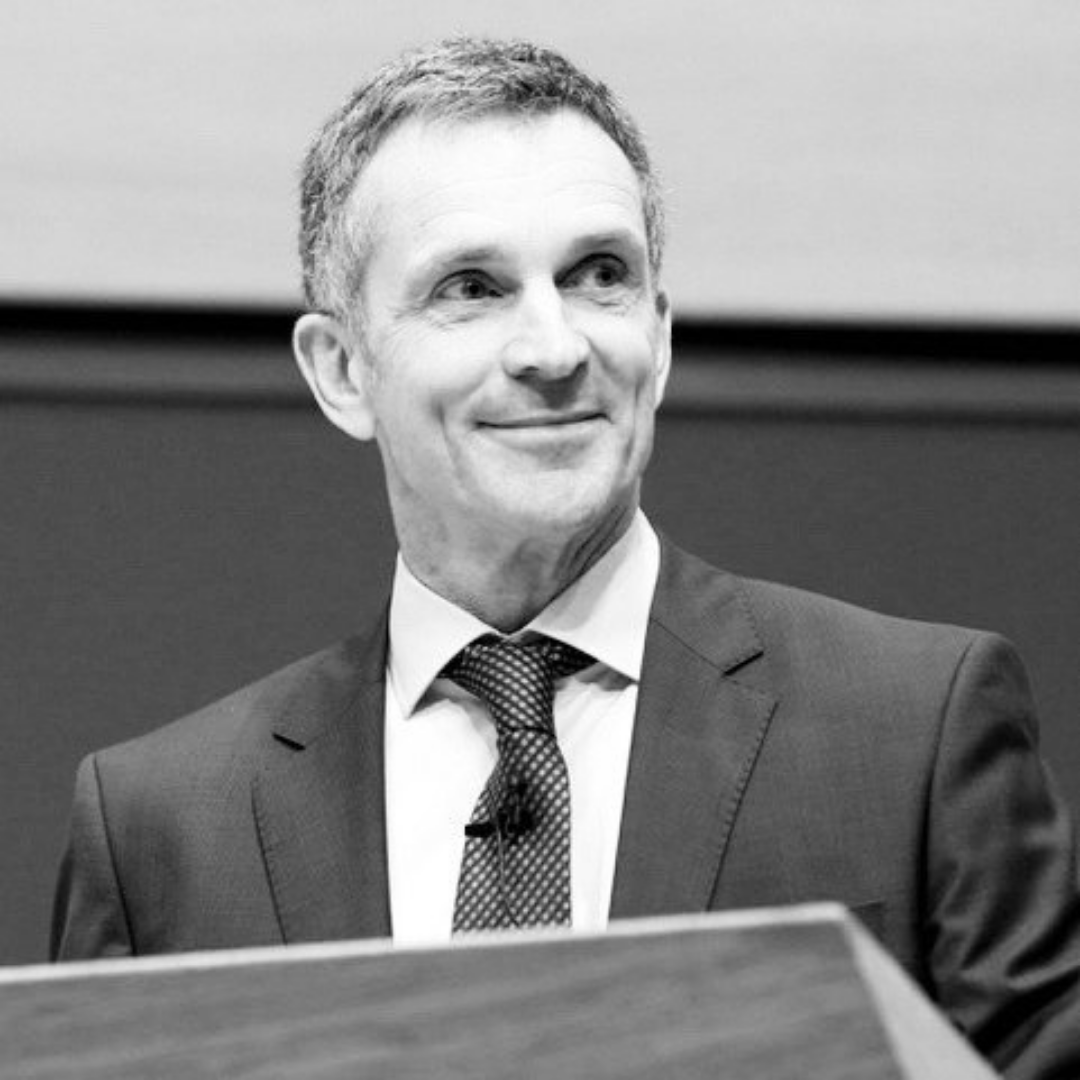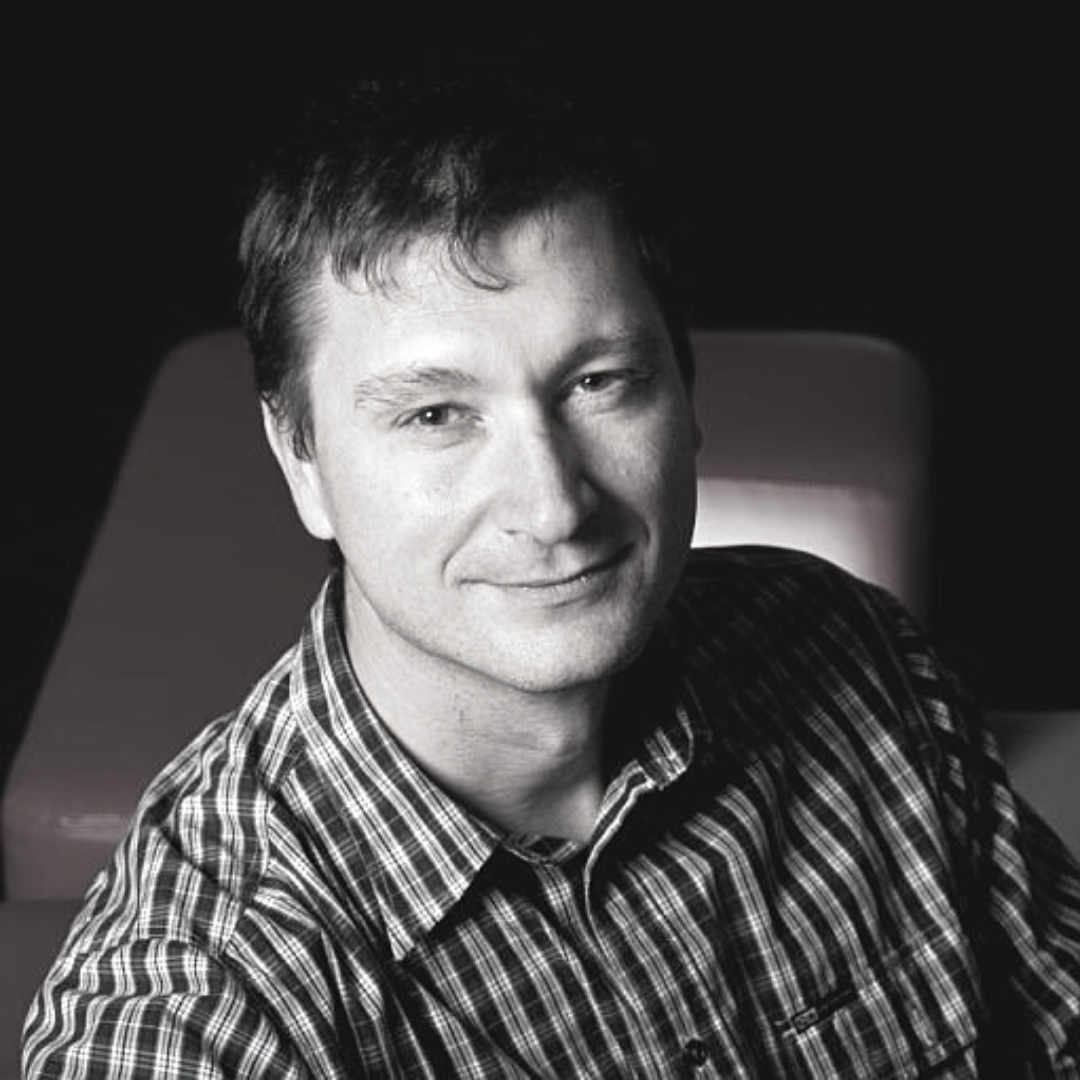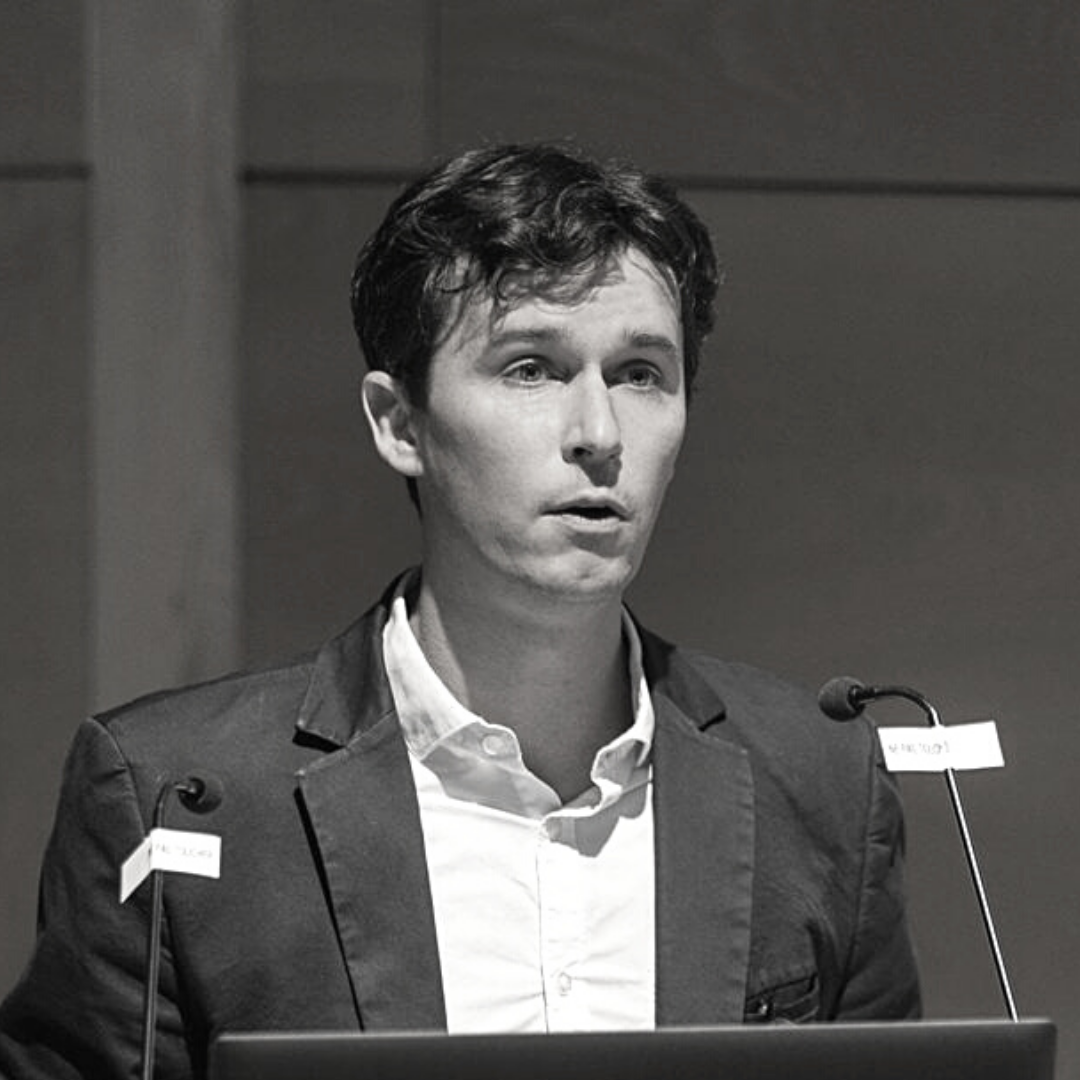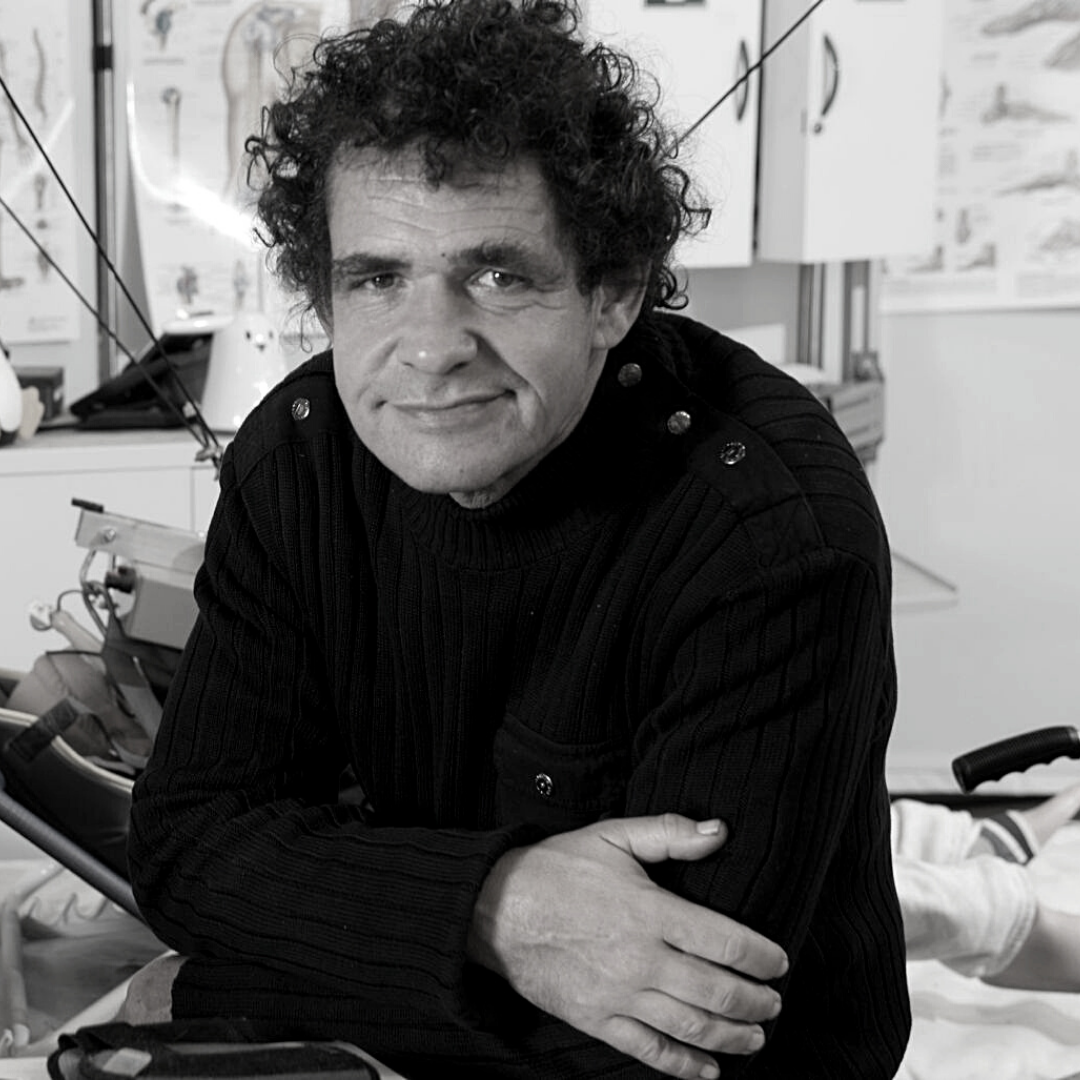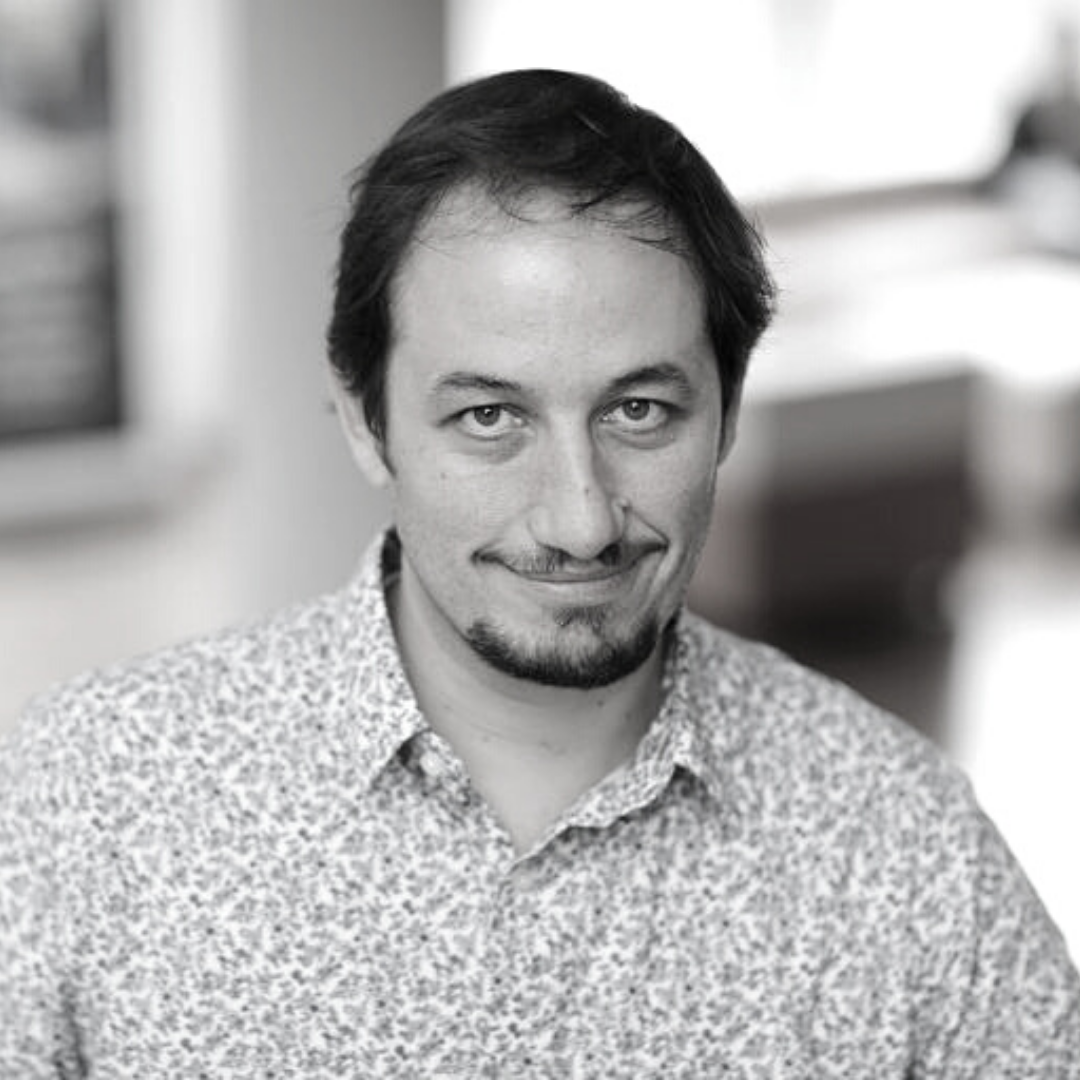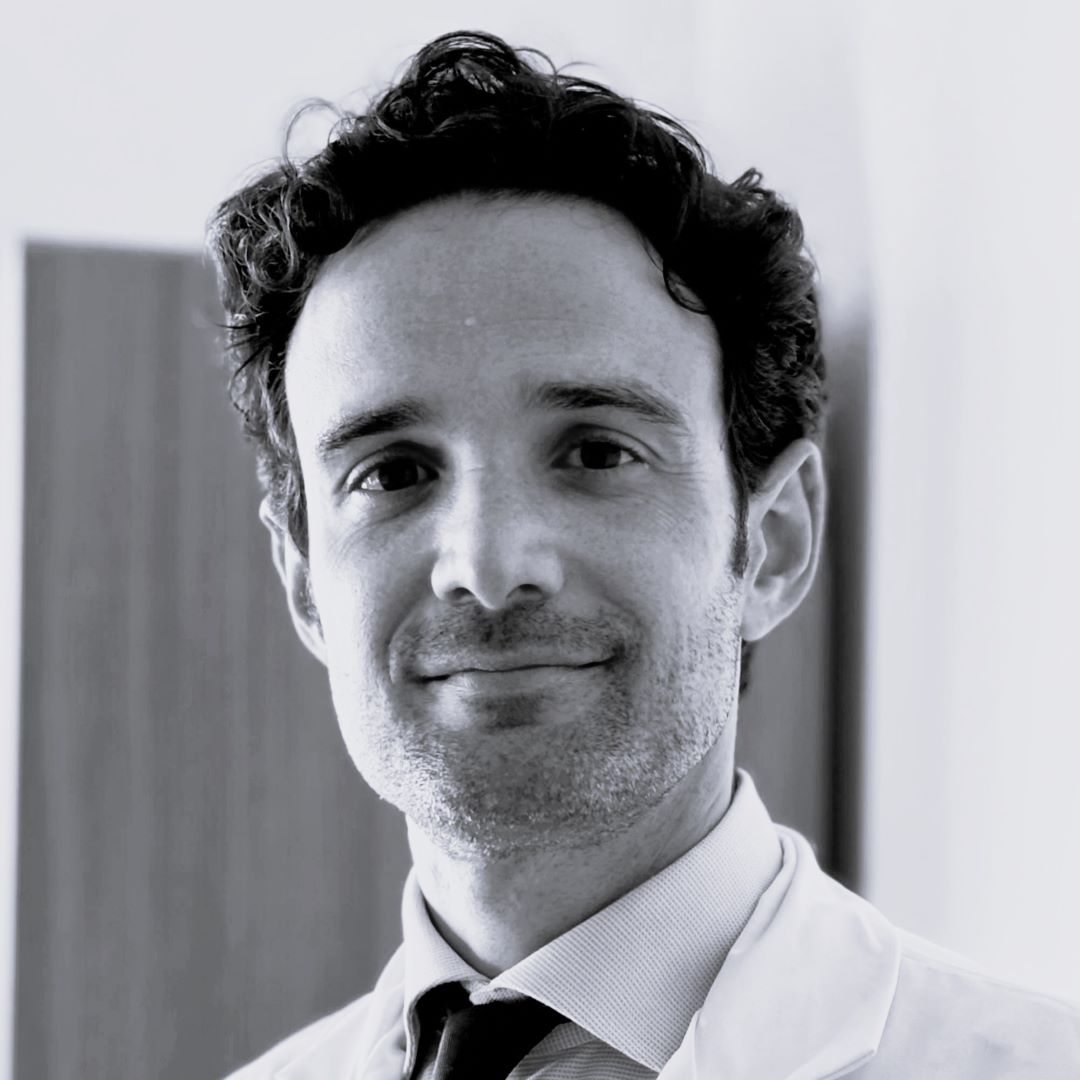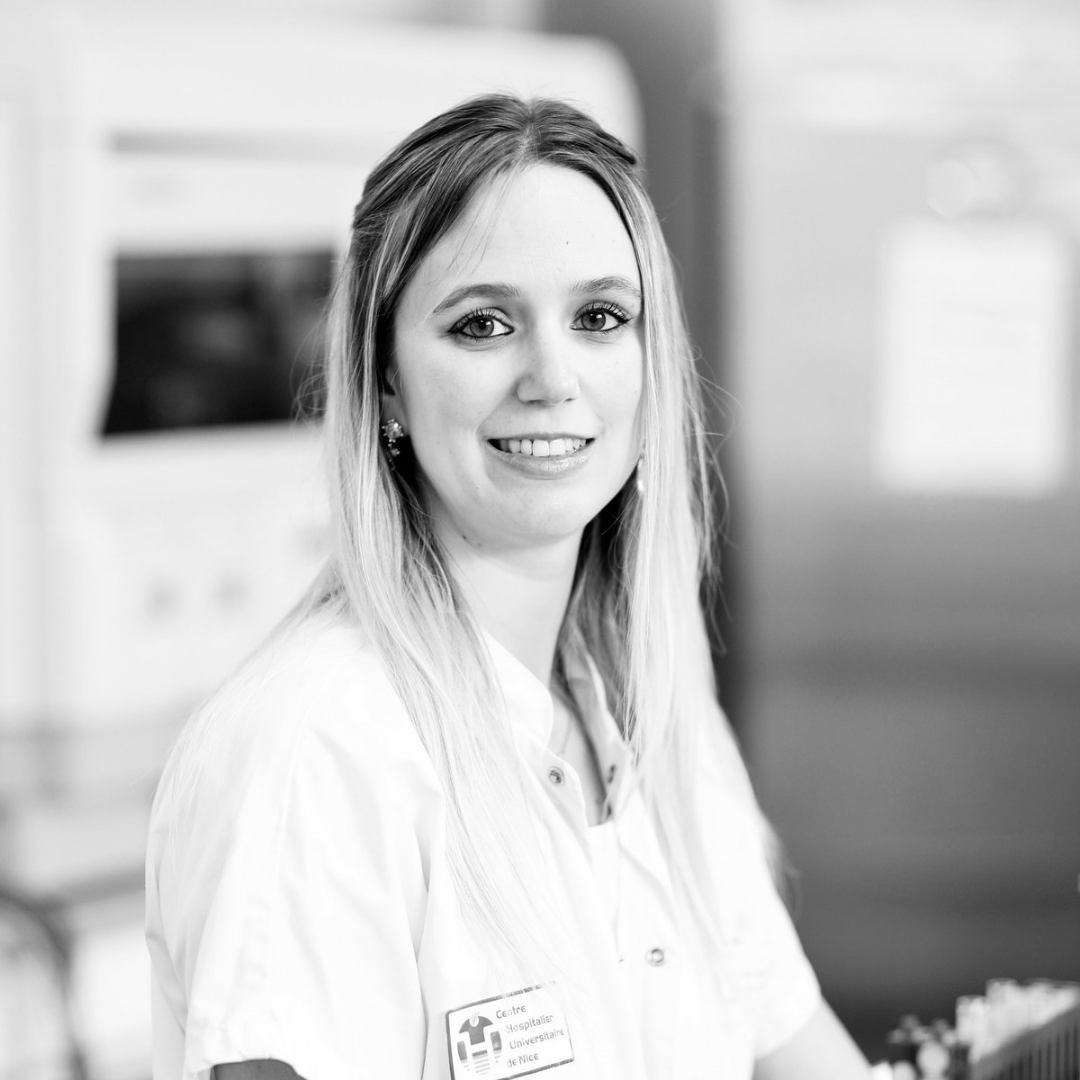Research

Biophysics-based AI
- Learning biophysical parameters for quantitative diagnosis
- Predicting evolution of pathologies & effect of therapies (digital twin)
- Data augmentation from biophysical simulation
Medical data management
- Medical Data Lab (UCA Idex)
- Health Data Hub, EDS APHP
- International databases
- Security, privacy, GDPR
- In collaboration with other 3IA institutes
Data-driven AI
- Imaging and omics biomarkers (genetics, transcriptomics, proteomics, metabolomics) & lifestyle, behavior, etc. for patient selection
- Video analytics & sensors for patient monitoring
3IA Chairholders
Nicholas Ayache (Inria)
AI for e-patients and e-medicine
(2019-2023 / 2023-2027)
We design and exploit modern AI methods: (i) to personalize the parameters of advanced models of the e-patient, (ii) to drive e-medicine algorithms on personalized e-patients (i.e. digital twins) for automated diagnosis, prognosis and therapy, in an efficient, robust, safe and explainable manner.
François Bremond (Inria)
Video analytics for human behavior understanding
(2019-2023 / 2023-2027)
Video analytics enables us to measure objectively the behavior of humans by recognizing their everyday activities, their emotion, eating habits and lifestyle. Human behavior can be modeled by learning from a large quantity of data from a variety of sensors to improve and optimize, for instance, the quality of life of people suffering from behavior disorders.
Hervé Delingette (Inria)
Joint biological and imaging biomarkers in oncology
(2019-2023 / 2023-2027)
We exploit joint information from imaging and biological data to improve the diagnosis and treatment planning, focusing on lung cancer. This approach relies on methods involving unsupervised deep learning, uncertainty quantification, sparse Bayesian feature selection and the handling of confounding factors.
Olivier Humbert (Université Côte d'Azur)
Comprehensive omics profiling for precision medicine in Oncology
(2019-2023 / 2023-2025)
I am combining various patient extracted “omics” data, including multimodal imaging features, for integrative and data-driven computational medicine. I focus on challenging fields in oncology such as (i) radiogenomics and outcome-focused research in metastatic breast cancer and (ii) the accurate prediction of response to immunotherapy.
Jean-Pierre Merlet (Inria)
Non-invasive assessment of disabilities
(Emeritus)
We use mathematical/AI methods for (i) designing non-intrusive and affordable monitoring/assistance devices that are adaptable to the user’s/doctor’s needs, (ii) deducing medically pertinent health-indicators from the data, taking into account measurement errors, and (iii) detecting rare events that may be the sign of emerging pathology.
Maxime Sermesant (Inria)
AI and biophysical models for computational cardiology
(2019-2023 / 2023-2027)
The application of AI in healthcare is challenging due to its lack of robustness and explainability. This project aims to introduce physiological priors in AI through biophysical models. This can be done by reformulating problems through such models, by learning spatiotemporal dynamics from biophysics or by augmenting features and data with such simulations.
3IA Fellows
Marc-Olivier Gauci (Université Côte d’Azur, CHU de Nice)
Global approach to research, development, and global deployment of digital solutions in surgery, with osteoarticular surgery and traumatology as a use case
(2024-2028)
The theme developed by Dr. Gauci revolves around computational and augmented medicine & surgery using artificial intelligence tools and the reuse of healthcare data.
Digital surgery merges two complementary aspects:
- Computational surgery, which is fed by patient and imaging data, enabling the creation of 3D/4D geometric and biomechanical models to simulate and plan surgery before it is performed.
- Augmented surgery, which is based on a more or less complex digital model and enables planning to be applied using intraoperative assistance and guidance tools such as 3D printing (model, instrumentation, implant), navigation, robotics or mixed reality including collaborative cloud platform.
Assessing the clinical relevance of these digital solutions alone is not enough to demonstrate their usability and interest in a complex environment such as the operating room or interventional procedure room. The development of models adapted to surgical needs, and the analysis of multiparametric data derived from the use of these models' application tools, should enable us to optimize the integration of these tools in the operating room and in daily practice. Several technology platforms have been set up for experimental and clinical validation such as augmented operating room.
Juliette Raffort-Lareyre (CHU Nice - Université Côte d'Azur)
Applications of AI for patients with vascular diseases
(2021-2024 / 2025-2029)
Our team develops AI-based applications for patients with vascular diseases We aim to create decision support systems to enhance evidence-based and precision medicine through a translational approach including the identification of biomarkers, the automation of vascular imaging analysis, and the development of predictive models Our group is strongly involved in federating national databases and European vascular registries to promote international research for patients with vascular diseases.

